 With a robust educational foundation in Architectural Engineering Vathanak Soeun’s journey in architecture, urban planning, community development, and environmental sustainability has spanned over eight years across Cambodia, Australia, and the United States. This diverse experience has equipped him with a unique perspective on the intersection of urban development and environmental sustainability. In 2021, Vathanak took a pivotal step by participating in the Cities and Climate Change e-course offered by UN CC:Learn.
With a robust educational foundation in Architectural Engineering Vathanak Soeun’s journey in architecture, urban planning, community development, and environmental sustainability has spanned over eight years across Cambodia, Australia, and the United States. This diverse experience has equipped him with a unique perspective on the intersection of urban development and environmental sustainability. In 2021, Vathanak took a pivotal step by participating in the Cities and Climate Change e-course offered by UN CC:Learn.
This concise yet insightful course shed light on the profound impacts of climate change on urban areas and provided strategic approaches for urban adaptation.”
Inspired by the course, he felt a compelling urge to share this newfound knowledge with Southeast Asian youth. This led to the creation of his youth community’s social media platform, Sustainable Design 11 (SD11), aimed at educating and empowering the younger generation on climate resilience and sustainable urban development.
The course I learned from UN CC:Learn is a prime example of how digital platforms can globally impact climate change awareness. This knowledge has broadened my understanding of climate action and its broader implications.
After completing his master’s degree, Vathanak gained invaluable experience working on a future green urban project with Gehl Architects. He also worked as the Communications and Outreach Coordinator at Conservation International for the Central Cardamom Mountain Landscape Program. These roles allowed him to apply his expertise in sustainable urban planning and community engagement to create climate-resilient communities.
He has been contributing as a university instructor, teaching urban planning and design, architecture, land management, interior design, and research methodology at both private and public universities in Cambodia, including the Institute of Technology of Cambodia. These academic roles further strengthened his commitment to fostering sustainable development and climate resilience through the next generations of architects and urbanists.
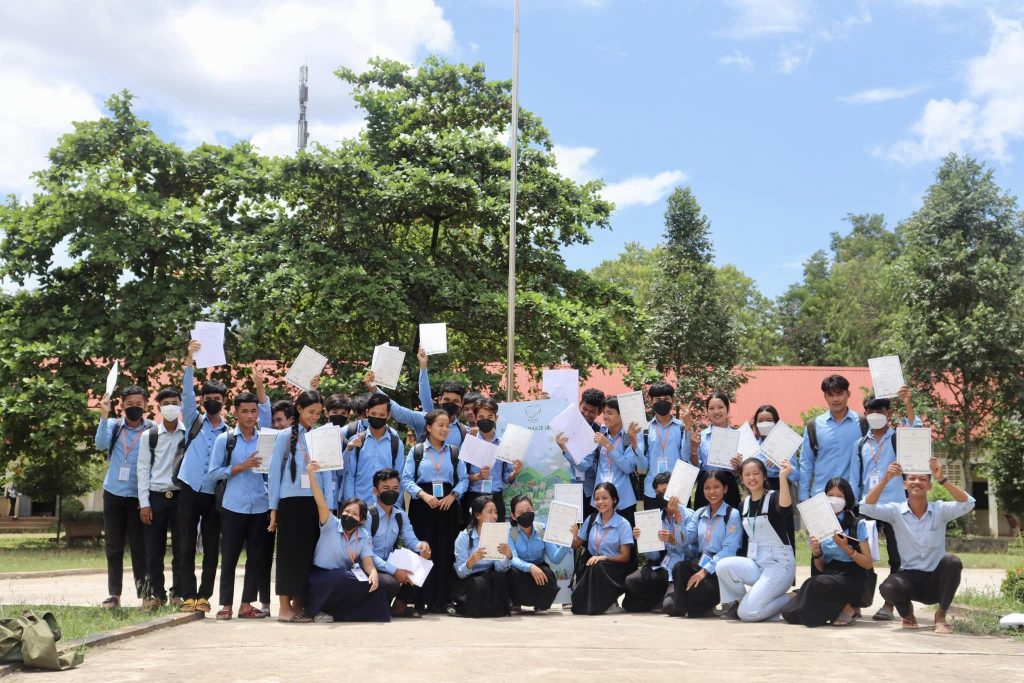
Students graduated from Climate Actions class with Cambodian youths
Vathanak’s passion for building a sustainable future extends beyond his professional roles. He has actively participated in various impactful volunteer roles, including serving as a Youth Jury member for AIPH’s World Green City Awards 2024, promoting biodiversity as a Young Biodiversity Leader for ACB’s ASEAN Youth Biodiversity Program, and advocating for climate action as a Climate Ambassador for the Global Youth Climate Network. These roles have honed his analytical, communication, and operational skills while deepening his understanding of environmental and climate change issues, biodiversity planning, and urban and rural development.
Driven by a passion for working with young people to achieve Sustainable Development Goals (SDGs), Vathanak has initiated and participated in numerous youth projects. These include Future Climate Heroes, the Sustainable Cities and Communities Leadership Program, Xploratory Lab for Future Cities, Eco-Inspire-Ers, Borapoit Project, and Sustainable Design Academy. Collectively, these initiatives have directly reached over 1,000 Cambodian youths.
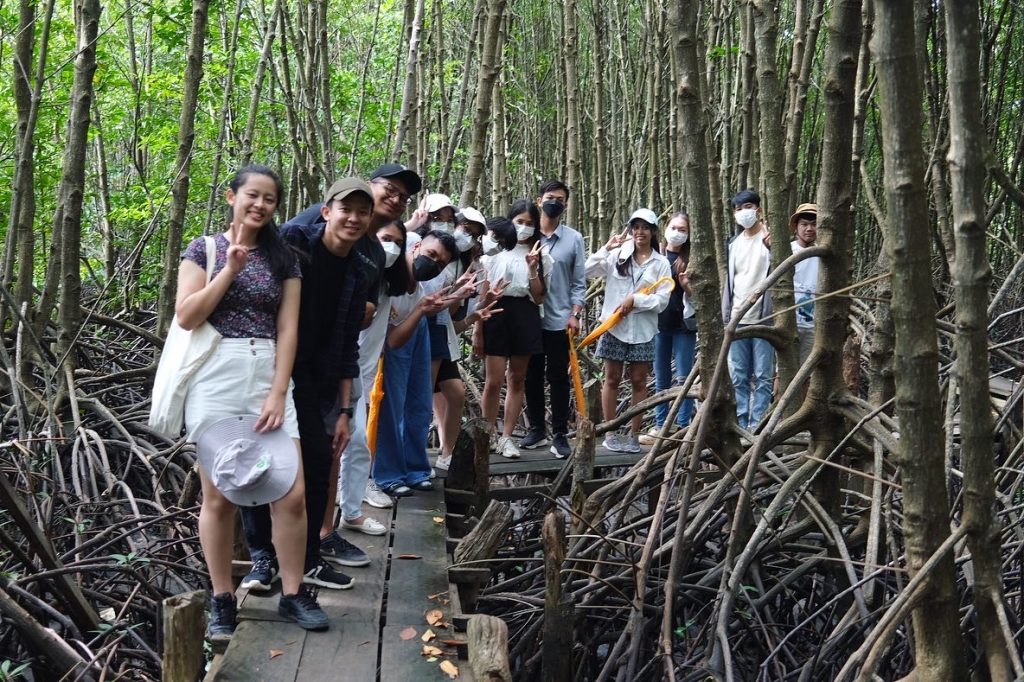
Study Tour about Mangrove Forest for Climate Actions
A prime example of Vathanak’s project implementation is the Future Climate Heroes initiative, launched in 2022 and ongoing. This project received the prestigious Generation Future’s Grant from UNICEF Cambodia. In collaboration with the Global Youth Climate Network and FXB Climate Advocates, they empowered 20 Cambodian youths (aged 18-35) as Future Climate Heroes through three training sessions held in Phnom Penh and Siem Reap. The project’s impact extends beyond these heroes. They have delivered climate change education to 385 high school students in Kampot Province and spearheaded six impactful social media campaigns covering various climate action topics. These campaigns have garnered over one million social media engagements. Additionally, their site visit activities have resulted in the planting of 500 trees across Cambodia, including 50 mangrove trees, 200 houseplants, and 250 native trees.
Further amplifying their project’s reach, they showcased the Future Climate Heroes initiative at the 2024 World Wildlife Day Regional Youth Symposium in Singapore. This engagement allowed them to connect with over 300 attendees from national and international organizations and communities, furthering their mission of climate education and action.
I firmly believe that climate education is a fundamental tool for creating a more sustainable, livable, and inclusive community. Through our personal and community climate actions, we’ve seen firsthand the power of knowledge in driving positive change.
Start your learning journey:
Join Vathanak and hundreds of students and start learning today:
*The views expressed in this story are solely those of the author and do not necessarily reflect the official policies or positions of the United Nations or any of its affiliated organizations.
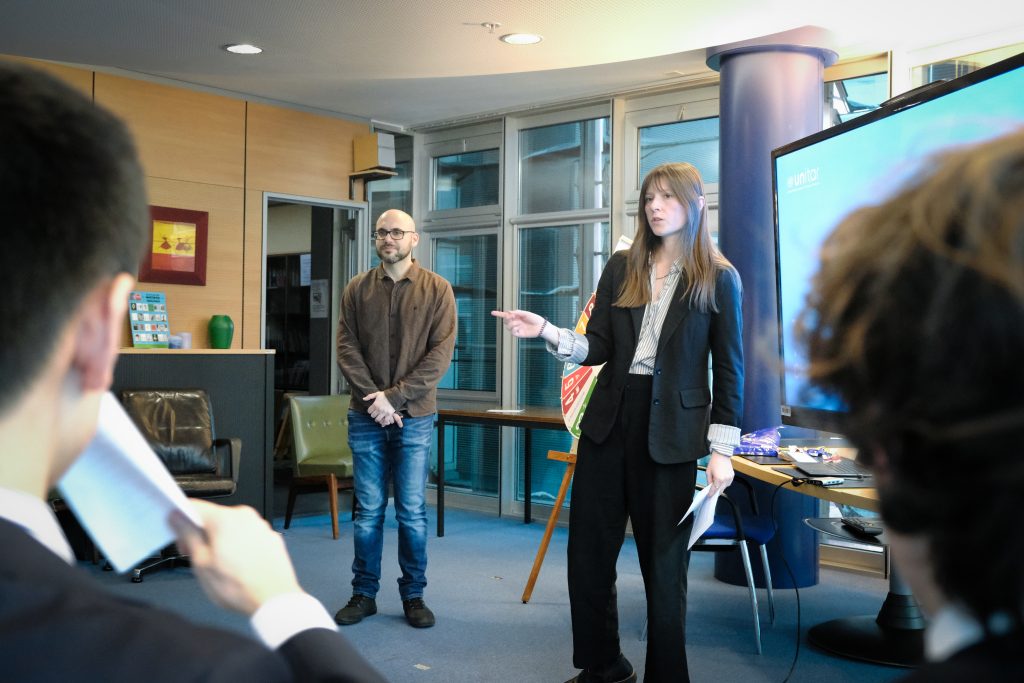
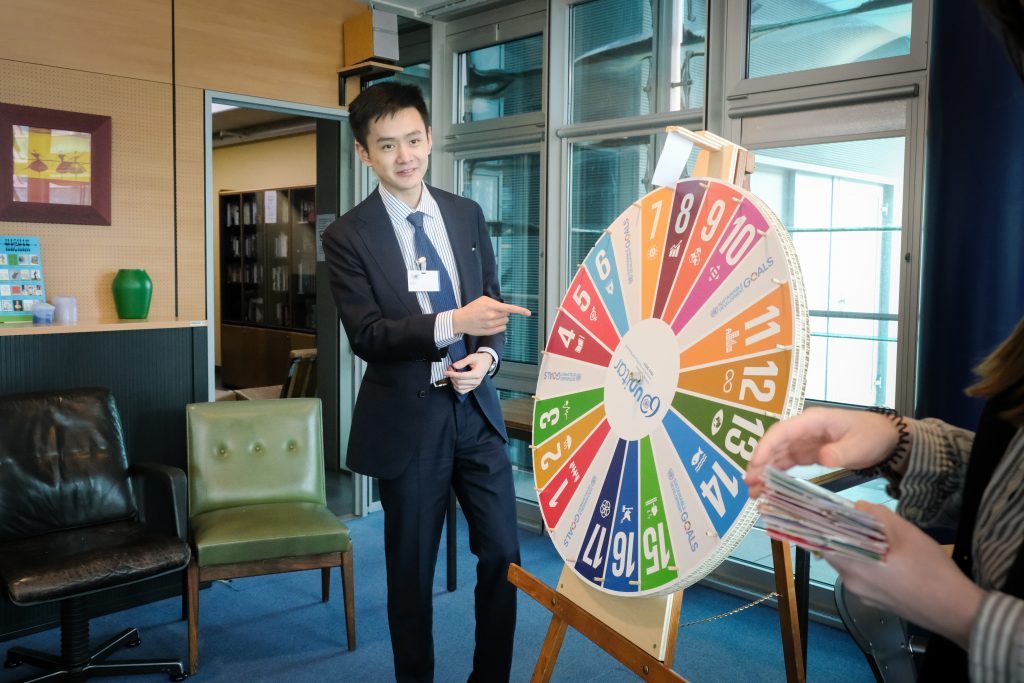
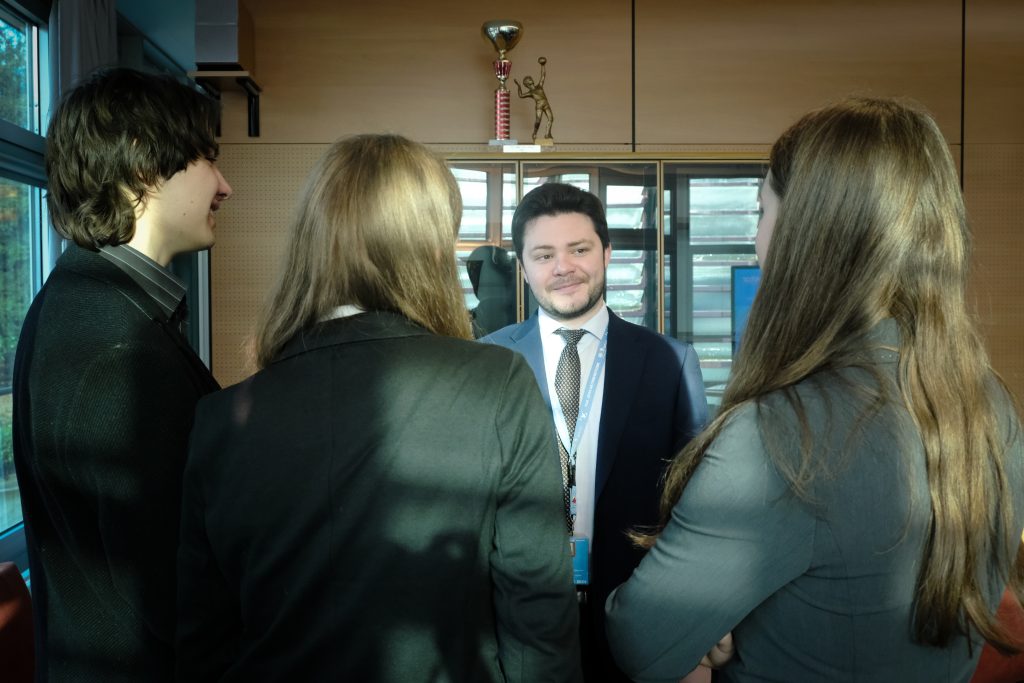
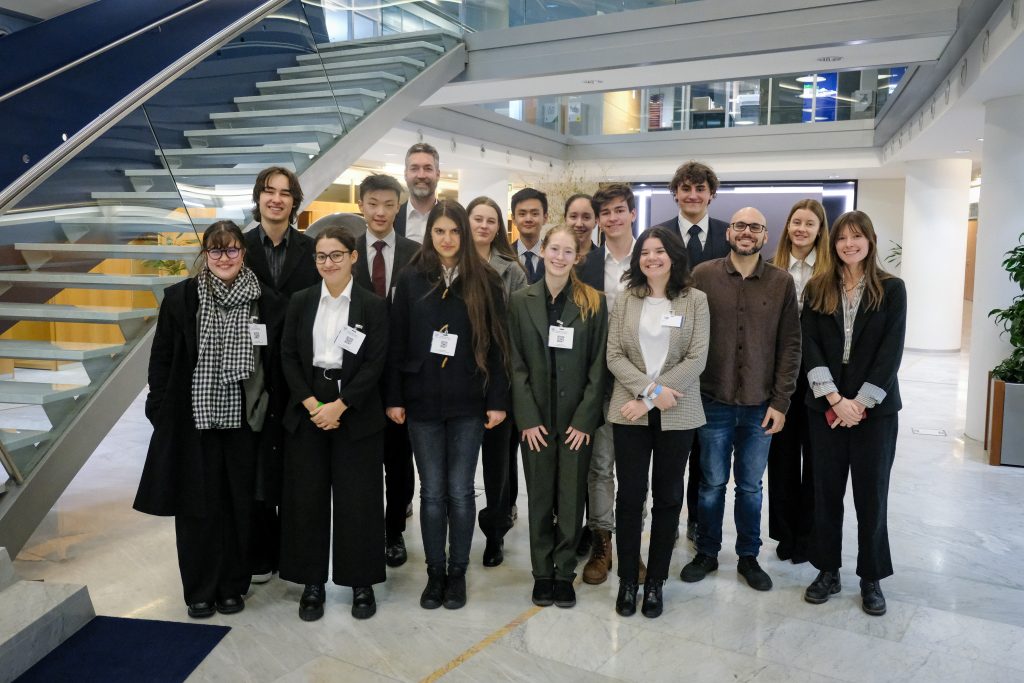

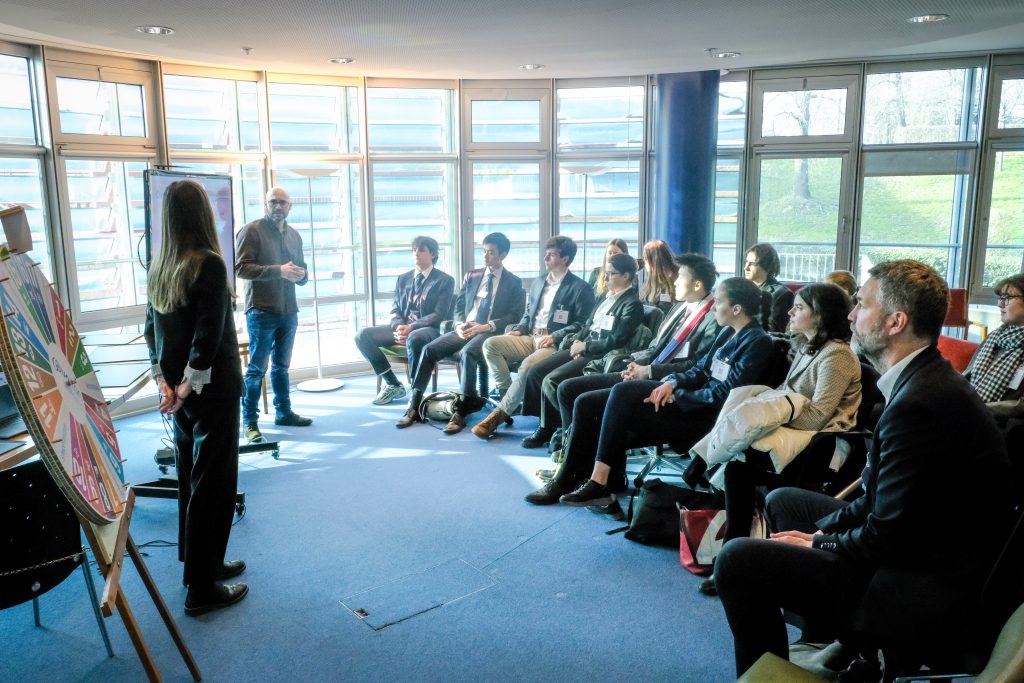
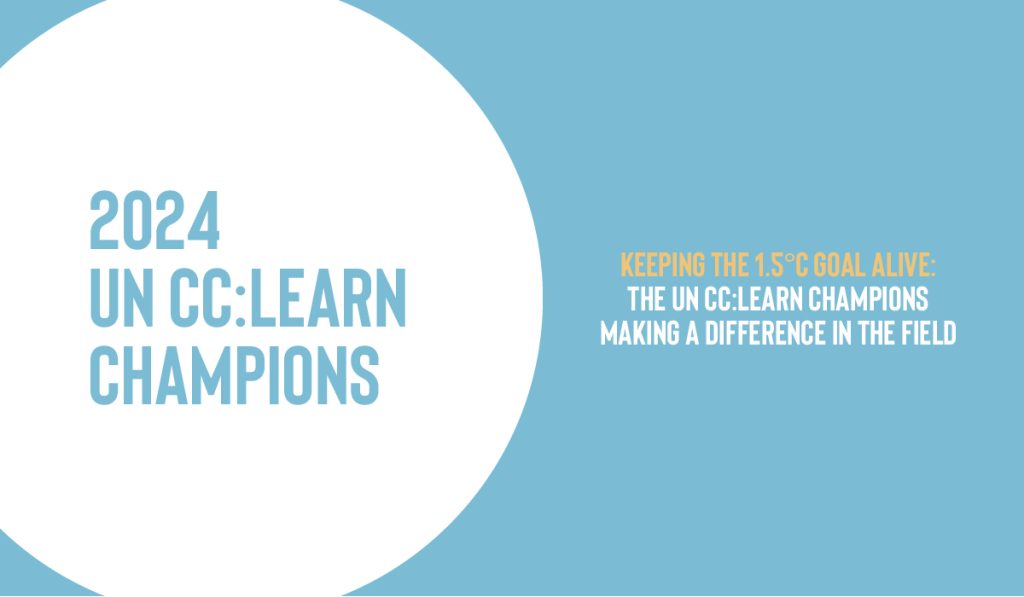

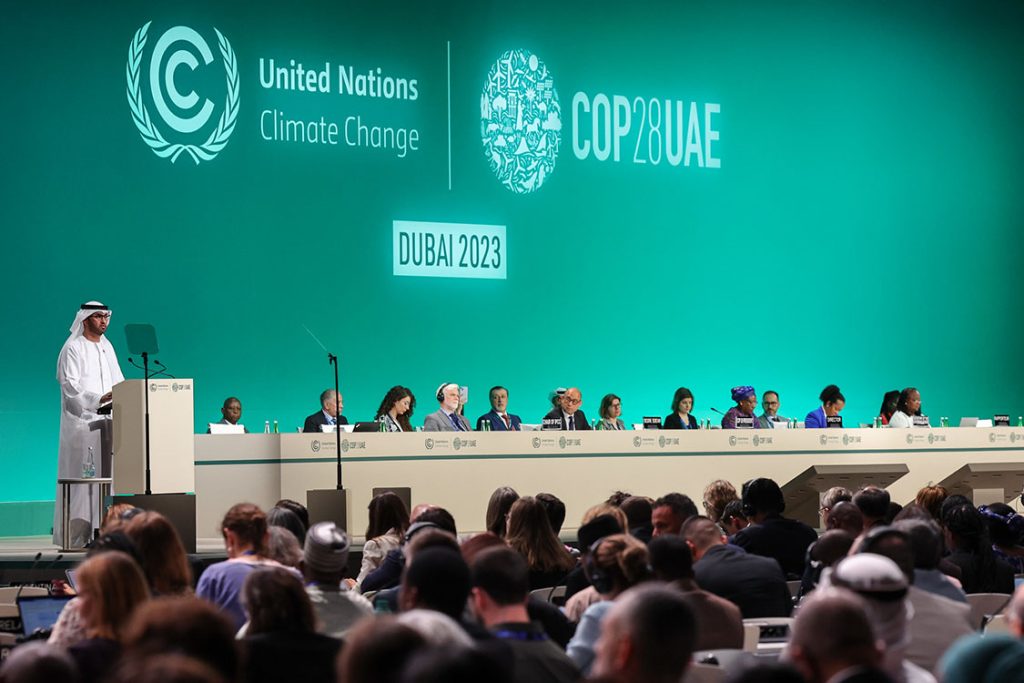
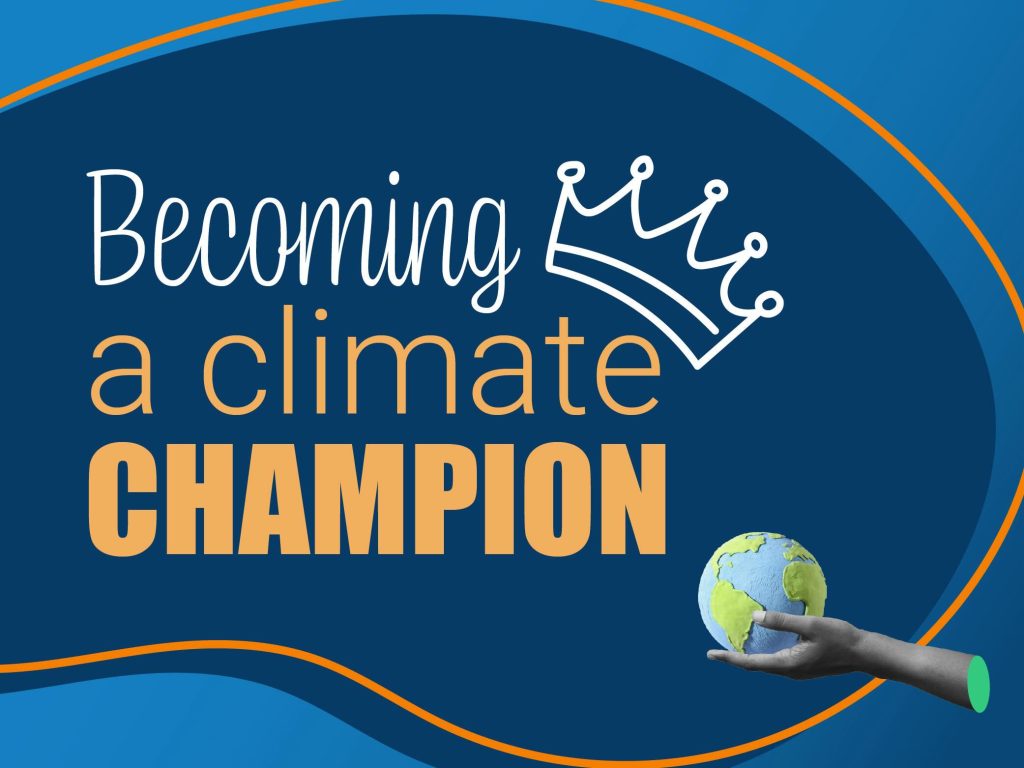
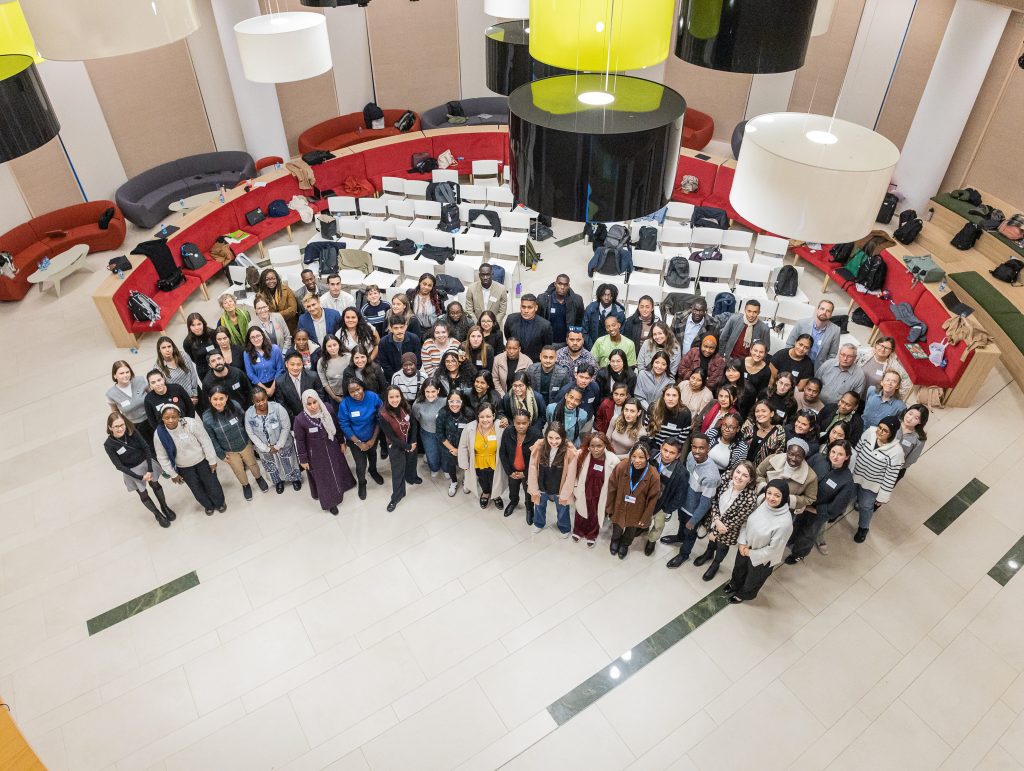
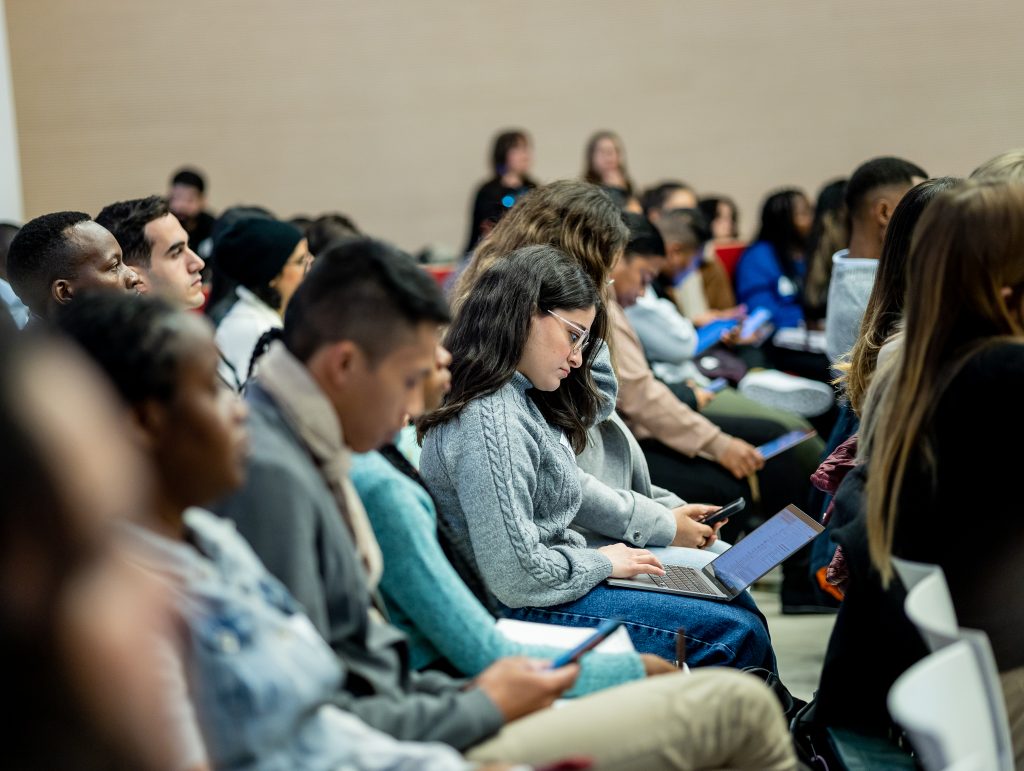
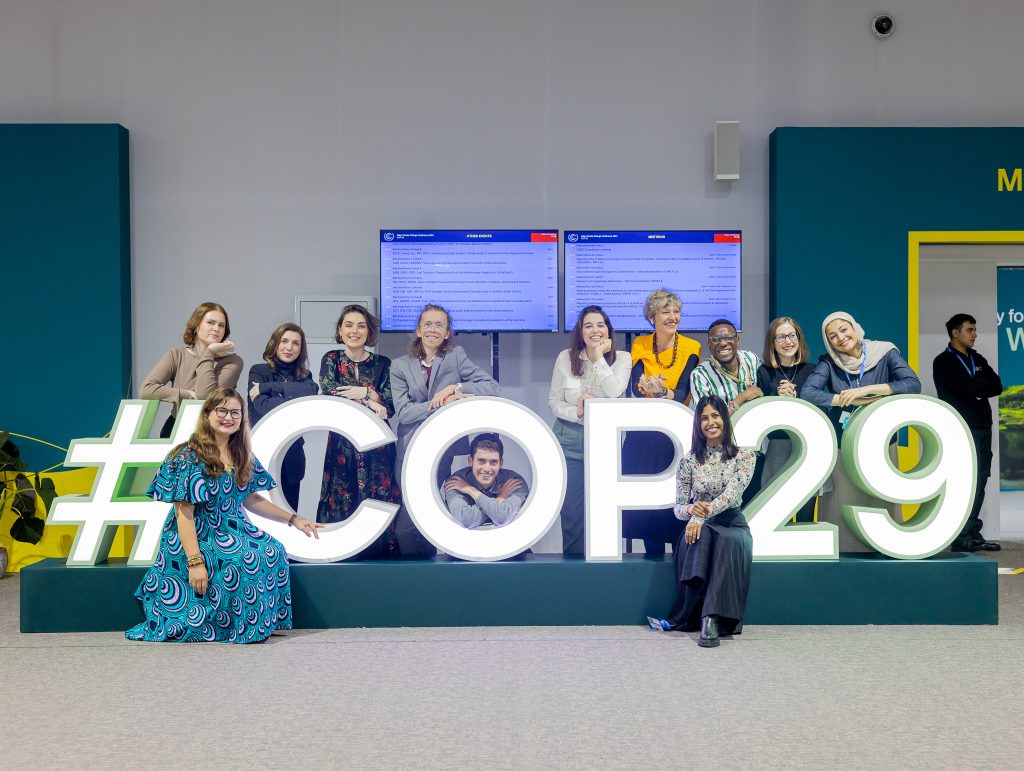
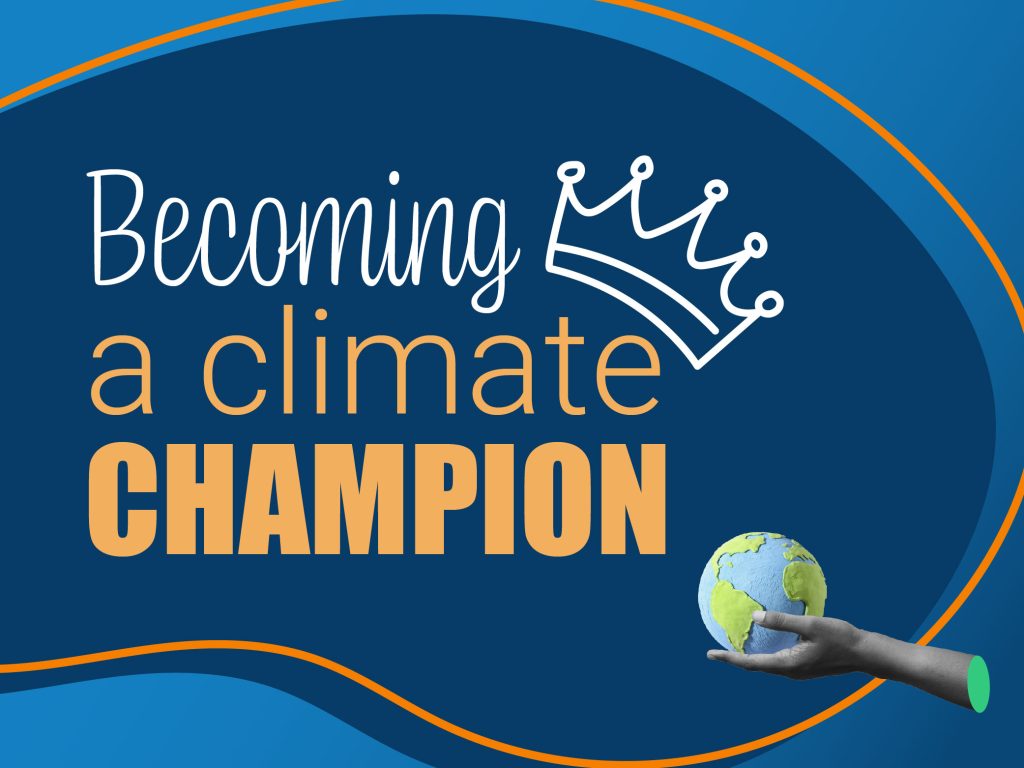
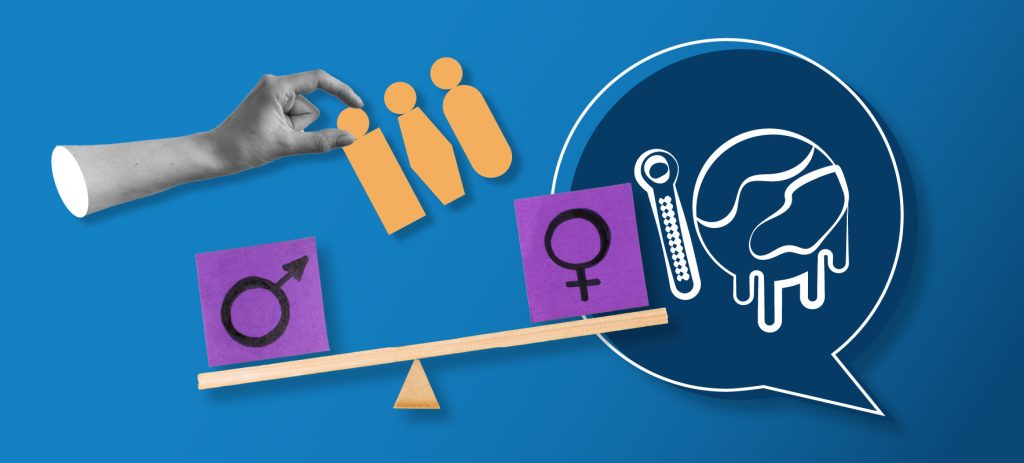




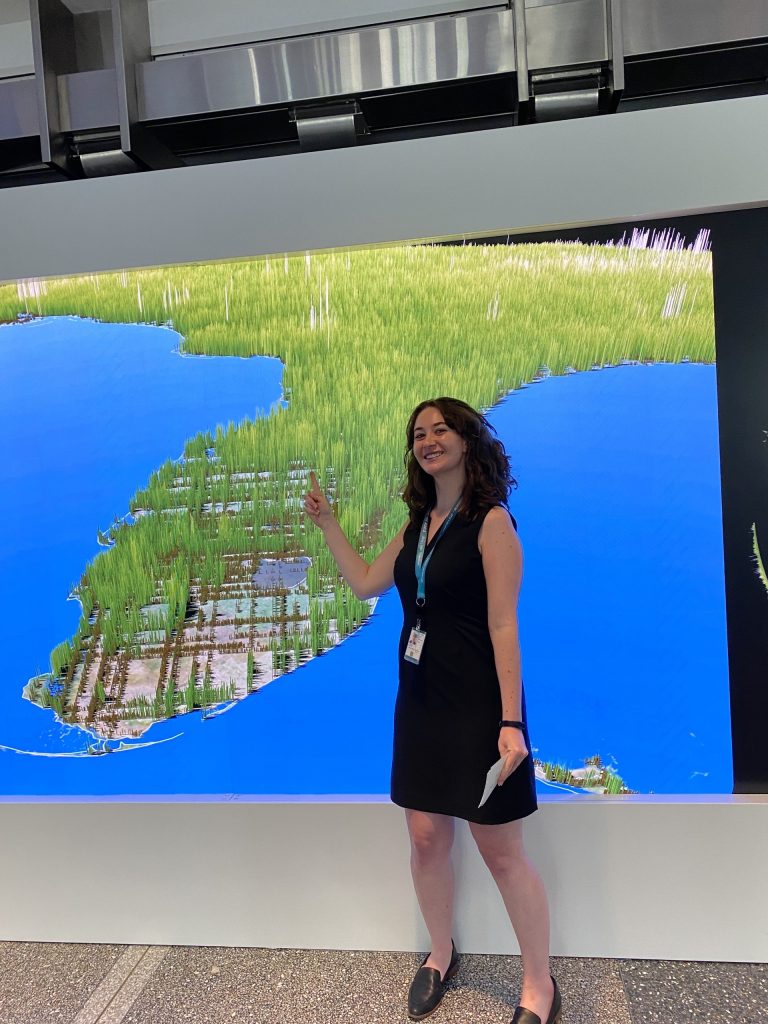
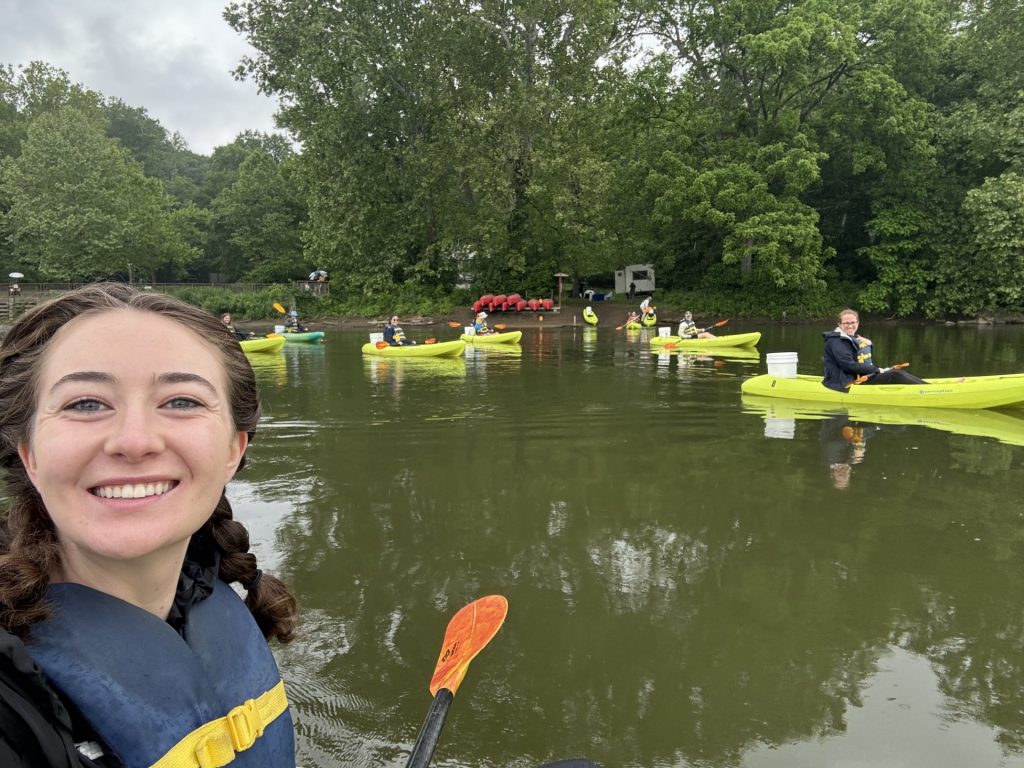
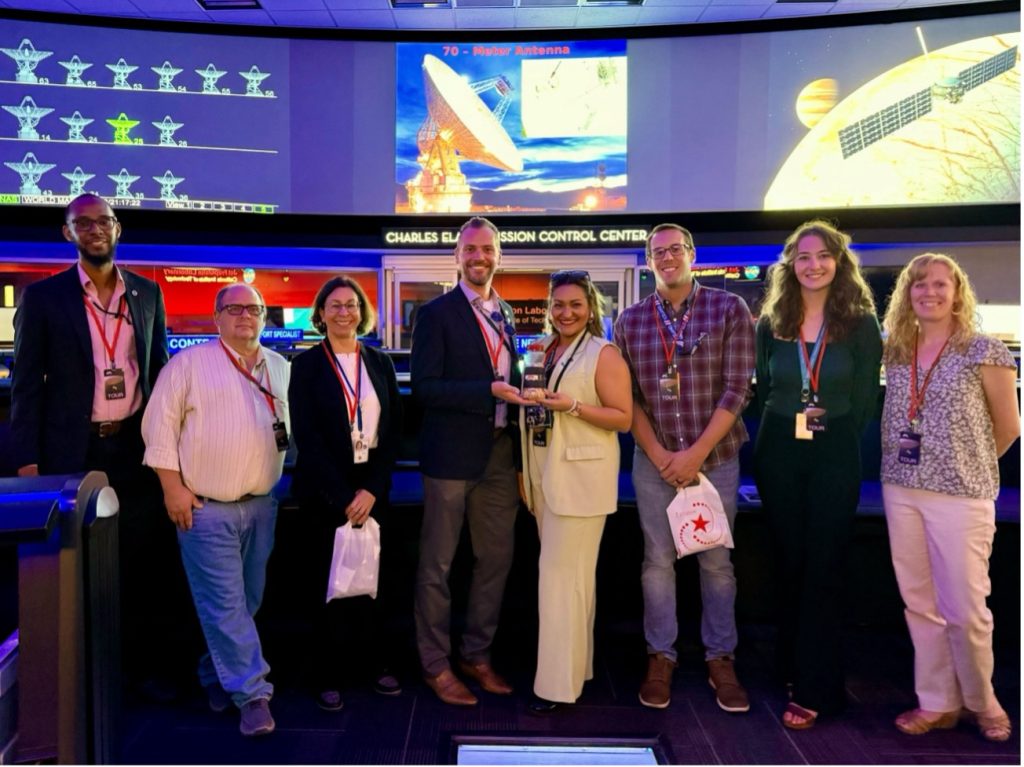
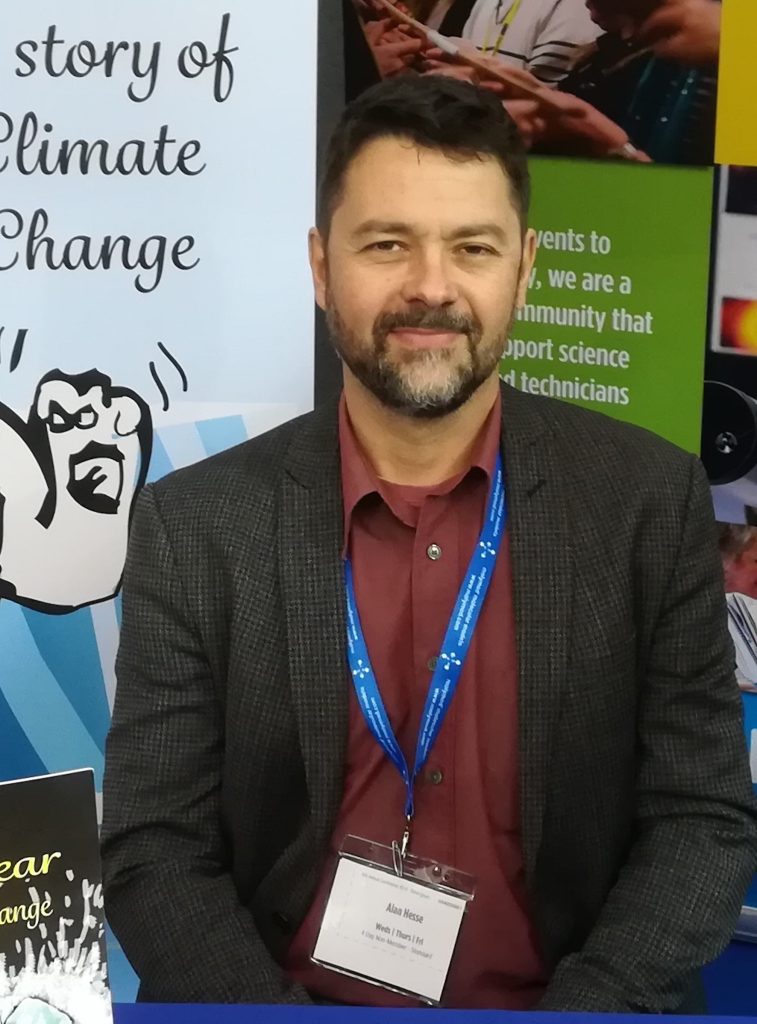

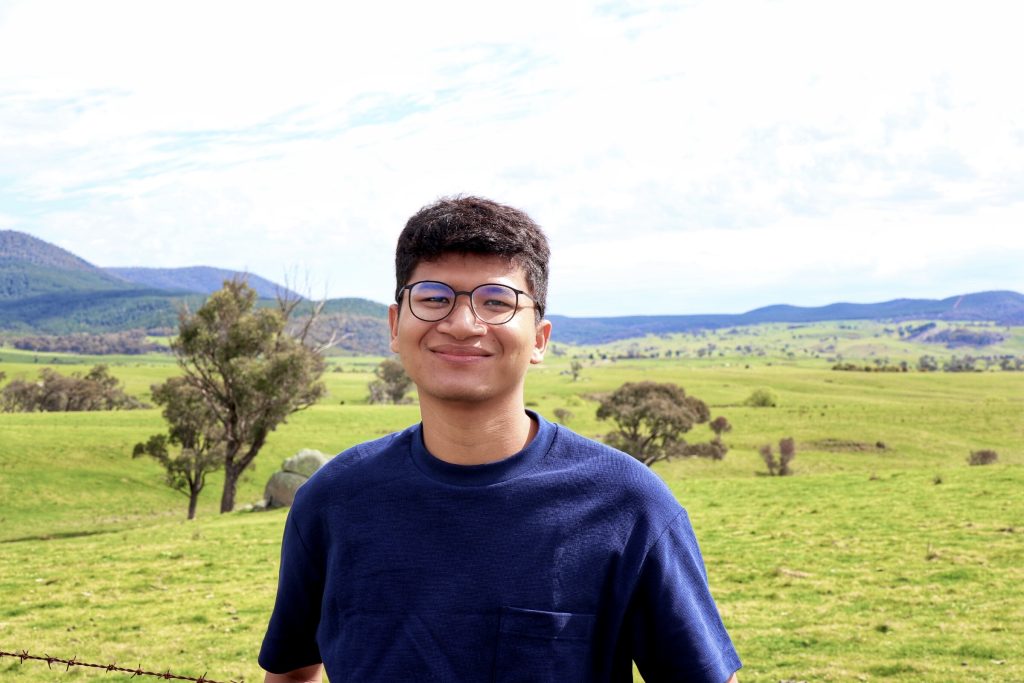
 With a robust educational foundation in Architectural Engineering Vathanak Soeun’s journey in architecture, urban planning, community development, and environmental sustainability has spanned over eight years across Cambodia, Australia, and the United States. This diverse experience has equipped him with a unique perspective on the intersection of urban development and environmental sustainability. In 2021, Vathanak took a pivotal step by participating in the
With a robust educational foundation in Architectural Engineering Vathanak Soeun’s journey in architecture, urban planning, community development, and environmental sustainability has spanned over eight years across Cambodia, Australia, and the United States. This diverse experience has equipped him with a unique perspective on the intersection of urban development and environmental sustainability. In 2021, Vathanak took a pivotal step by participating in the 
